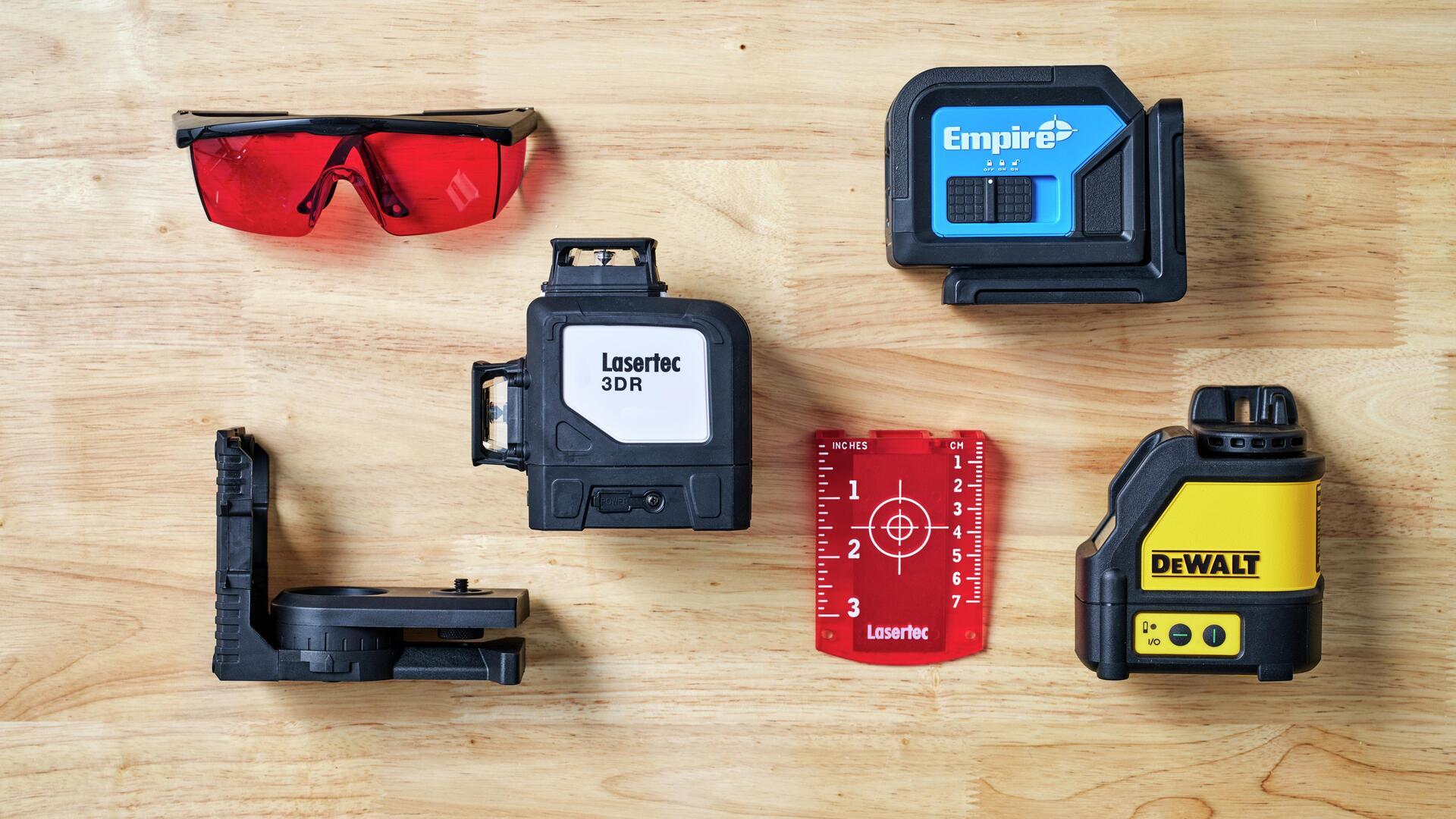

Articles
How To Choose A Laser Level
Modified: February 22, 2024
Learn how to choose the perfect laser level for your projects with our comprehensive articles. Discover the best tips and advice for accurate leveling.
(Many of the links in this article redirect to a specific reviewed product. Your purchase of these products through affiliate links helps to generate commission for Storables.com, at no extra cost. Learn more)
Introduction
Choosing the right laser level is an important decision that can greatly impact the success of your projects. Whether you are a professional contractor or a DIY enthusiast, having the right laser level can make tasks such as aligning shelves, laying tiles, or installing fixtures much easier and more precise. This article aims to guide you through the process of selecting the perfect laser level to meet your needs.
Throughout this article, we will explore different types of laser levels, factors to consider when making a decision, budget considerations, reviews and recommendations, durability and reliability, user-friendly features, and safety features. By the end, you will have a clear understanding of what to look for in a laser level and be able to make an informed choice.
Key Takeaways:
- Choose a laser level based on accuracy, working range, and user-friendly features to enhance project success and efficiency. Consider budget, durability, and safety for a well-rounded decision.
- Prioritize safety features, read reviews, and assess durability to ensure the chosen laser level meets specific project needs and provides reliable, accurate results.
Understanding Laser Levels
Before diving into the intricacies of choosing a laser level, it is important to have a basic understanding of what exactly they are and how they work. A laser level is a tool that emits a visible laser beam to create a reference line or point. This beam allows for accurate alignment and measurement, making it an essential tool in various construction, renovation, and DIY projects.
There are several types of laser levels available on the market. The most common types include point laser levels, line laser levels, rotary laser levels, and cross-line laser levels. Point laser levels emit a single point of laser light, ideal for tasks such as plumbing, electrical installation, and aligning cabinets. Line laser levels, on the other hand, project a horizontal or vertical line, making them perfect for tasks like putting up wallpaper, aligning pictures, or laying out tiles. Rotary laser levels emit a rotating laser beam, often used for outdoor projects like grading, excavating, or setting foundations. Lastly, cross-line laser levels combine both horizontal and vertical lines, providing a versatile solution for a wide range of applications.
Laser levels are used in various industries and for multiple purposes. In construction, they are commonly used for tasks such as leveling floors, installing drop ceilings, and aligning walls. In interior design and renovation, laser levels come in handy for hanging artwork, installing shelving units, or creating straight lines for tiling. Additionally, surveyors and landscapers rely on laser levels for accurately measuring elevations, grading, and creating level surfaces.
Now that we have a grasp of what laser levels are and their different types, let’s delve into the factors to consider when choosing the right laser level for your specific needs.
Factors to Consider
When it comes to choosing the right laser level, there are several key factors that you need to take into consideration. Let’s explore each of these factors in detail:
Accuracy and Precision Requirements
The level of accuracy and precision required for your projects will play a crucial role in selecting the appropriate laser level. Assess the tolerance level you need, whether it’s for basic tasks or more intricate measurements.
Working Range and Visibility
The working range of the laser level refers to the maximum distance up to which the laser beam is visible. Consider the size of your workspace and the distance you need the laser beam to reach for your project. Additionally, factor in the visibility of the laser beam in different lighting conditions.
Read more: How To Level A Laser Level Tripod
Self-Leveling vs. Manual Leveling
Decide whether you prefer a self-leveling or manual leveling laser level. Self-leveling laser levels automatically adjust the beam if the device is slightly out of level. Manual leveling requires you to manually adjust the level using bubble vials.
Power Source Options
Consider the power source options available for the laser level. Some models use batteries, while others have rechargeable batteries or can be connected to a power source. Choose the option that suits your convenience and the frequency of use.
Additional Features
Take into account any additional features that may be important for your specific needs. Some laser levels offer a tilt mode, which allows you to project lines at an angle. Others have a pulse mode, which enhances visibility in bright conditions. Assess which features would be valuable for your projects.
By evaluating these factors and understanding your specific requirements, you can narrow down your options and choose a laser level that best meets your needs.
Budget Considerations
When it comes to selecting a laser level, budget plays a significant role. Understanding the price range for laser levels and finding the right balance between features and cost is essential. Here are some key points to consider:
Read more: How To Calibrate Laser Level
Price Range for Laser Levels
The price of laser levels can vary significantly depending on the brand, type, features, and overall quality. The market offers a wide range of options, from entry-level models to high-end professional-grade laser levels. It is essential to have a clear budget in mind before starting your search.
Balancing Features with Cost
As you explore different laser level options, it’s crucial to assess the features they offer in relation to their cost. Consider the specific requirements of your projects and prioritize the features that will be most beneficial. Determine if you need advanced functionality or if a basic laser level will suffice.
Value for Money Considerations
Value for money is an important aspect to consider when purchasing a laser level. Evaluate the quality, durability, and performance of the laser levels within your budget range. Look for models with positive customer reviews and a reputation for reliability. It’s better to invest in a slightly more expensive laser level that meets your needs and will last longer than to opt for a cheaper, lower-quality option that may not give you the desired results.
Remember, it’s not just about finding the cheapest laser level, but rather the one that offers the best value and reliability for your specific requirements.
By considering your budget while weighing the features, cost, and value for money, you can find the laser level that strikes the right balance for your needs and budget.
Reviews and Recommendations
When it comes to choosing a laser level, it is important to take the time to read reviews and gather recommendations from other users. Here’s why reviews are important and how they can help you in making the right decision:
Read more: How To Use A Self Leveling Laser Level
Importance of Reading Reviews
Reading reviews provides valuable insights into the performance, reliability, and usability of different laser level models. By hearing from other users who have already tried the products, you can get a sense of their experiences and determine if a specific model is worth considering. Reviews can also highlight any issues or drawbacks that may not be immediately apparent from product descriptions alone.
Comparison of Popular Laser Level Brands
There are numerous brands that manufacture laser levels, each with its own reputation and product offerings. By comparing popular laser level brands, you can identify which brands have a history of producing high-quality and reliable products. Look for brands that have positive customer reviews, good warranty support, and a wide range of models to choose from.
Recommendations Based on Usage and Needs
Every project and user have unique requirements. Recommendations based on your specific usage and needs can help narrow down your choices. For example, if you primarily work on outdoor construction projects, you may need a laser level with a longer working range and durable construction. If you often work on interior design projects, a laser level with precise leveling and multiple line options may be more suitable. By seeking recommendations from experts or experienced users in your field, you can benefit from their insights and find a laser level that is tailored to your requirements.
Remember, when reading reviews and recommendations, consider multiple sources to get a well-rounded understanding of different perspectives and experiences. Ultimately, the goal is to make an informed decision based on reliable information.
Assessing Durability and Reliability
When selecting a laser level, it is crucial to assess its durability and reliability. Investing in a durable and reliable laser level ensures that it will withstand the rigors of your projects and provide accurate results over time. Here are some key aspects to consider:
Read more: How To Laser Level A Field
Build Quality and Durability Factors
Examine the build quality of the laser level, paying attention to the materials used and the overall construction. Look for sturdy, high-quality materials that can withstand frequent use and potential drops or impacts. A rugged and durable exterior will protect the inner components of the laser level, ensuring long-term functionality.
Warranty and Customer Support Considerations
Check the warranty offered by the manufacturer. A strong warranty provides assurance that the company stands behind the quality and reliability of their product. Look for warranties that cover manufacturing defects and offer reliable customer support. A responsive and helpful customer support team can make a significant difference if you encounter any issues with your laser level.
Longevity and Reliability of Laser Levels
Consider the track record and reputation of the laser level in terms of longevity and reliability. Look for user reviews and testimonials that highlight the durability and consistent performance of the laser level over an extended period. Reliable laser levels should maintain accuracy and functionality over time without frequent calibration or malfunctions.
By assessing the build quality, considering warranty and customer support, and researching the longevity and reliability of laser levels, you can make an informed decision and select a durable and dependable laser level that will last for years to come.
User-Friendly Features
When choosing a laser level, it’s important to consider user-friendly features that can enhance your experience and make your projects more efficient. Here are some key user-friendly features to look for:
Read more: How Dangerous Is Laser Level
Ease of Operation
Opt for a laser level that is easy to operate. Look for models with intuitive controls and clear instructions. A straightforward setup and calibration process will save you time and frustration, allowing you to get to work quickly. Consider features such as one-button operation or user-friendly interfaces that simplify the setup and adjustment process.
Display and Interface Usability
A clear and easy-to-read display is essential for accurate and efficient work. Look for laser levels with bright, visible displays, especially if you’ll be working in challenging lighting conditions. Additionally, consider the intuitiveness of the interface. A well-designed interface with easily accessible settings and modes can greatly enhance your user experience.
Mounting Options and Accessories
Consider the mounting options and accessories that come with the laser level. Look for models that offer versatile mounting options, such as a tripod mount or magnetic base, allowing you to position the laser level securely for optimal results. Also, check if the laser level comes with helpful accessories like a carrying case for convenient storage and transport.
By prioritizing user-friendly features such as ease of operation, display and interface usability, and mounting options and accessories, you can select a laser level that not only meets your needs but also enhances your efficiency and overall user experience.
Assessing Safety Features
When choosing a laser level, it is essential to prioritize safety features to protect yourself and others during its use. Here are two key aspects to consider when assessing the safety features of a laser level:
Read more: How To Repair Laser Level
Laser Class and Safety Precautions
One crucial safety consideration is the laser class of the device. Laser levels are classified into different classes based on the potential risks they pose to the human eye. Class 1 lasers are considered safe under normal operating conditions, while higher classes such as Class 2 and Class 3R require additional precautions to avoid direct eye exposure. It is important to understand the laser class of the device you are considering and follow the safety precautions outlined in the user manual.
When using a laser level, it is essential to follow these general safety guidelines:
- Avoid pointing the laser beam directly into your eyes or the eyes of others
- Use protective eyewear when necessary
- Avoid looking directly at the laser beam or allowing others to do so
- Ensure that the laser level is turned off when not in use
- Keep the laser level away from children and pets
Safety Certifications to Look For
Another important consideration is to look for safety certifications when choosing a laser level. Safety certifications indicate that the device meets specific industry standards and regulations. Look for certifications such as CE (Conformité Européene) and FDA (Food and Drug Administration) approval, which ensure that the laser level has undergone rigorous testing and complies with relevant safety requirements.
It is crucial to be aware of and adhere to safety guidelines and precautions to prevent any potential harm while using a laser level. By considering the laser class, following safety precautions, and checking for safety certifications, you can ensure a safe and secure working environment while using your laser level.
Conclusion
Choosing the right laser level is essential for the success of your projects, whether you are a professional contractor or a DIY enthusiast. By considering various factors and features, you can narrow down your options and select the laser level that best meets your needs.
To recap, here are some important considerations to keep in mind:
- Understand the different types of laser levels and their specific uses.
- Consider the accuracy and precision requirements of your projects.
- Evaluate the working range and visibility of the laser level.
- Decide between self-leveling and manual leveling options.
- Assess the power source options that suit your convenience.
- Take into account additional features like tilt mode and pulse mode.
- Consider your budget and balance features with cost.
- Read reviews and gather recommendations from other users.
- Evaluate the durability and reliability of the laser level.
- Assess user-friendly features such as ease of operation and display usability.
- Prioritize safety features, including laser class and safety certifications.
When selecting a laser level, it’s crucial to find one that meets your specific requirements and provides the necessary accuracy, durability, and safety. Remember to consider the value for money and the recommendations from other users for the brands and models you are considering.
In conclusion, investing time in researching and evaluating different laser level options is crucial to selecting the right tool for your projects. By considering the important factors discussed in this article, you can confidently choose a laser level that will enhance your work, provide accurate results, and contribute to the success of your projects.
Frequently Asked Questions about How To Choose A Laser Level
Was this page helpful?
At Storables.com, we guarantee accurate and reliable information. Our content, validated by Expert Board Contributors, is crafted following stringent Editorial Policies. We're committed to providing you with well-researched, expert-backed insights for all your informational needs.
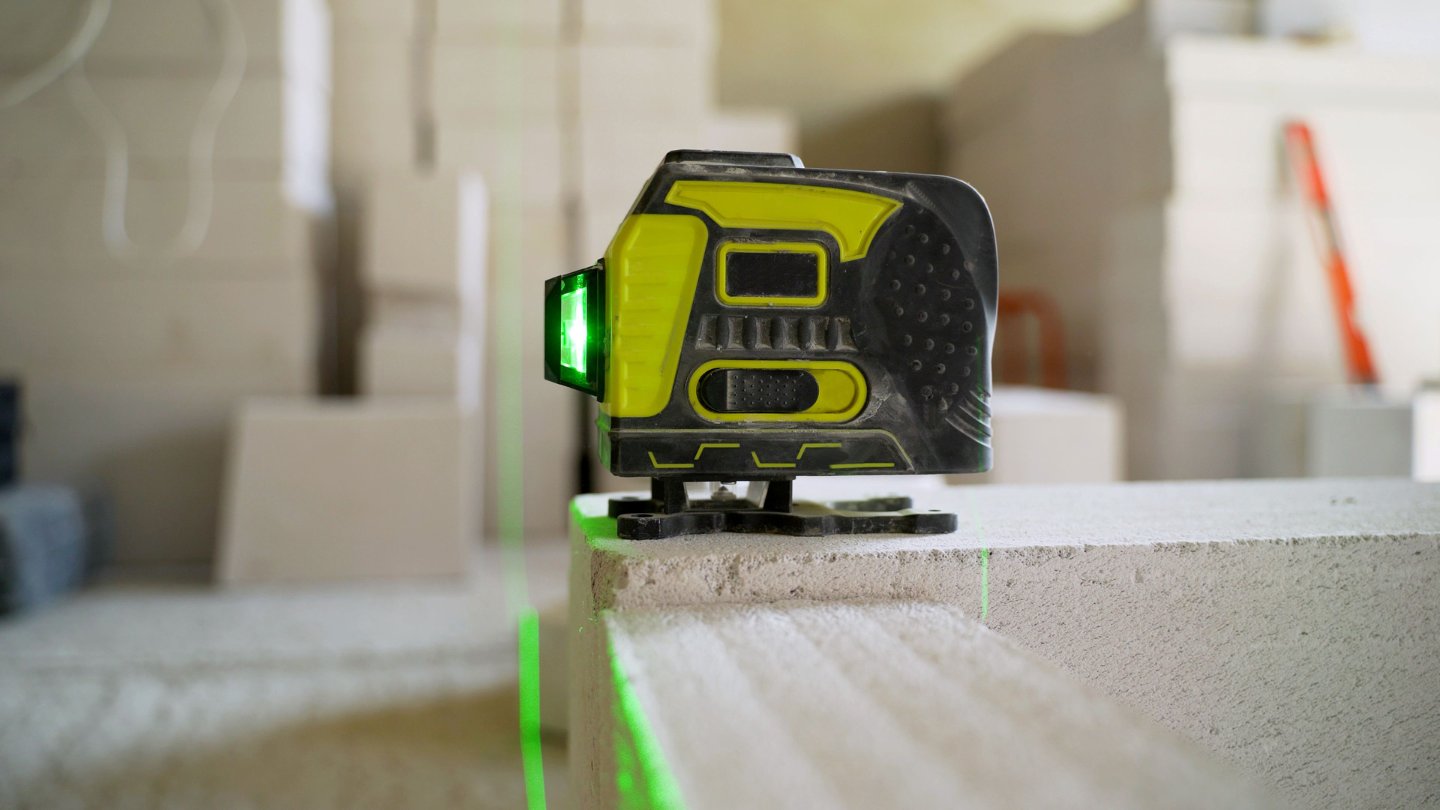
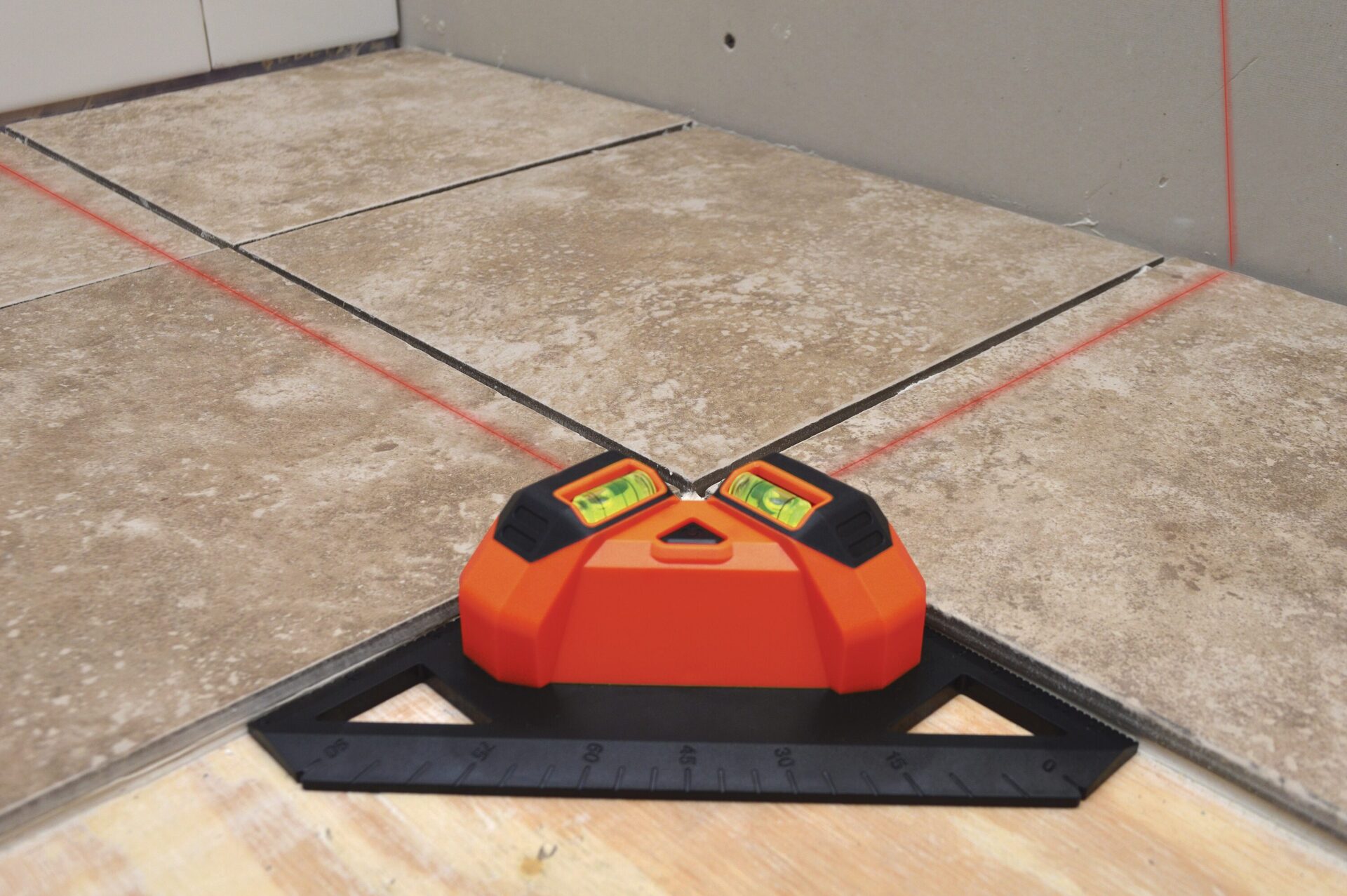
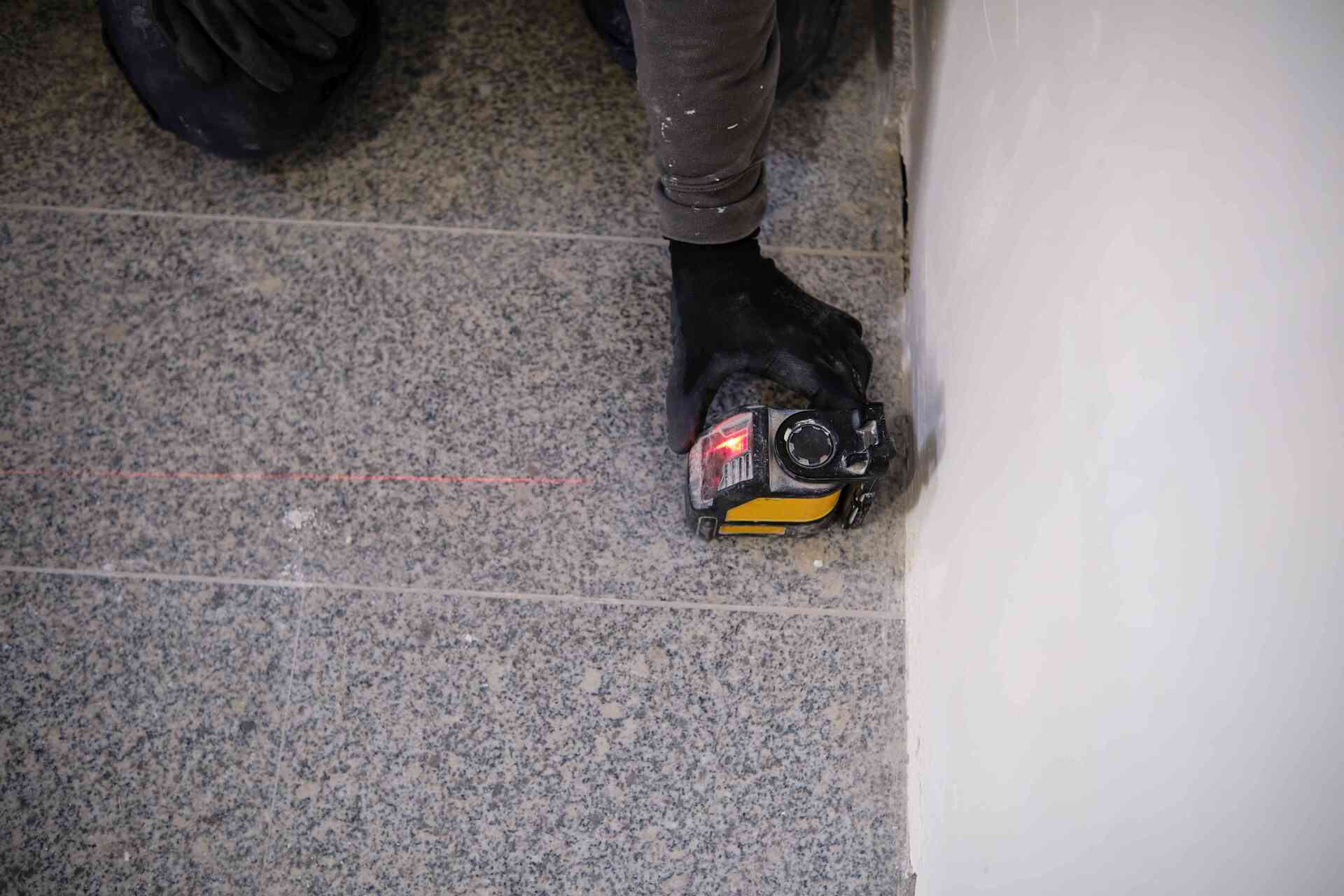
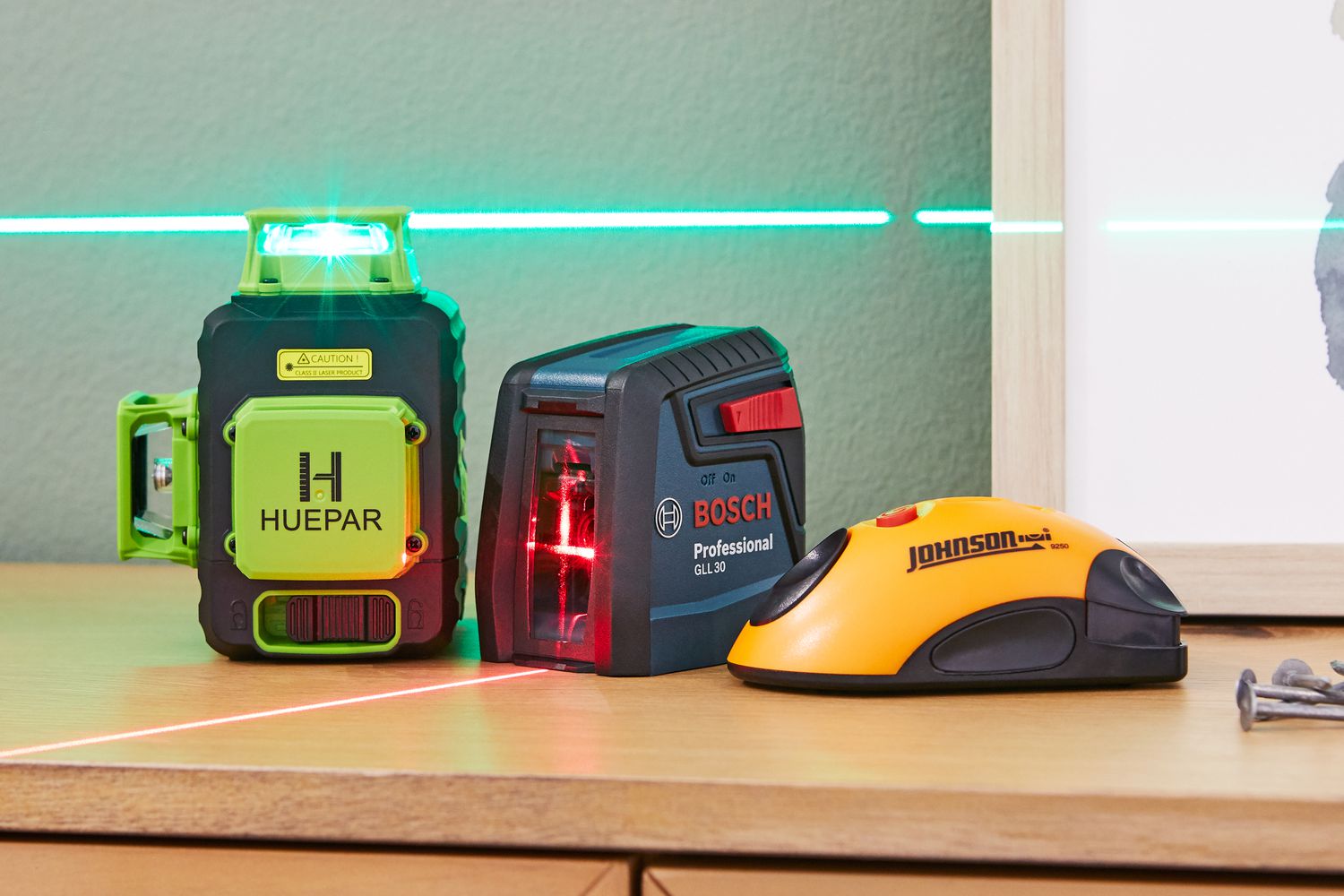
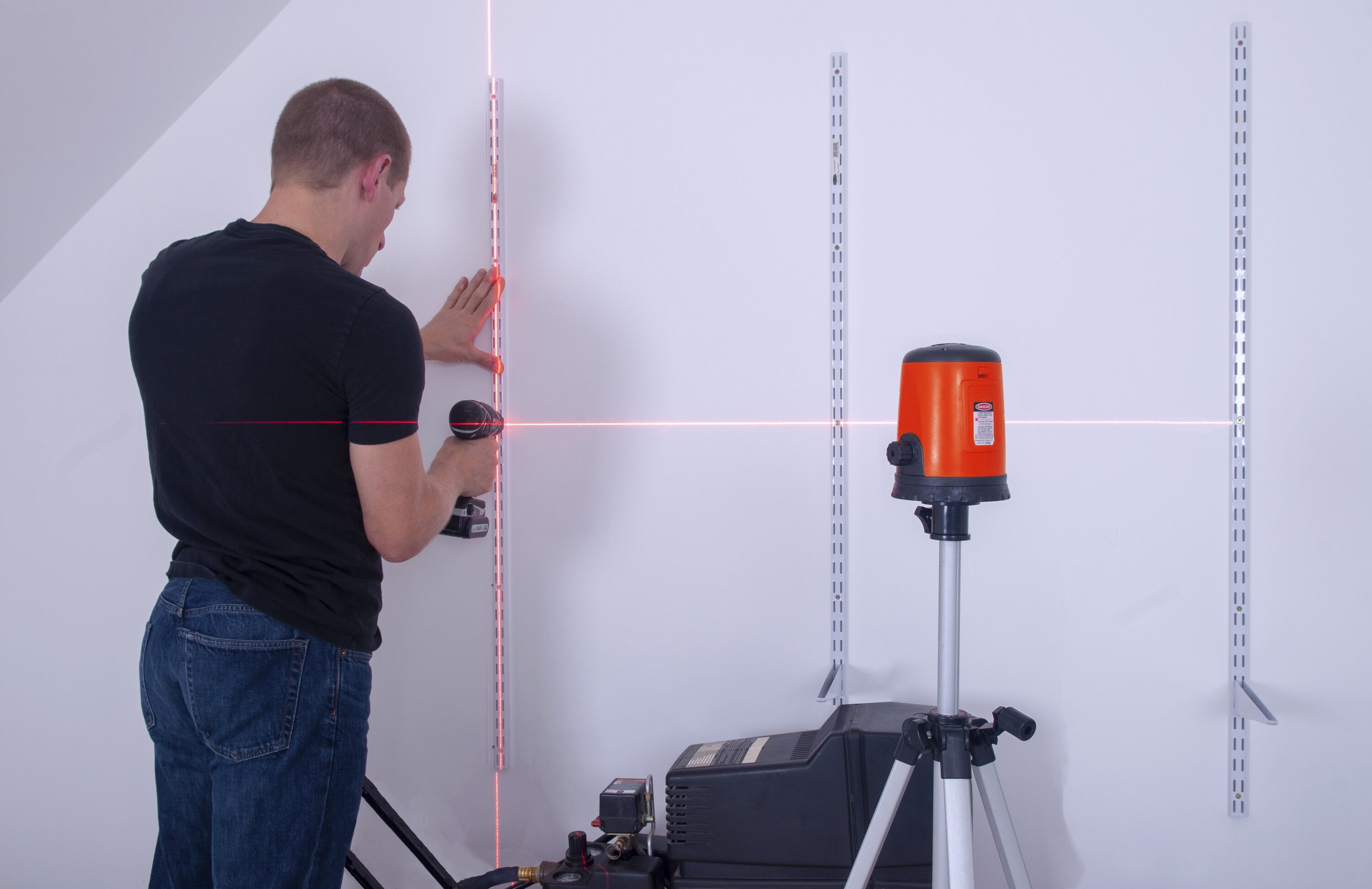
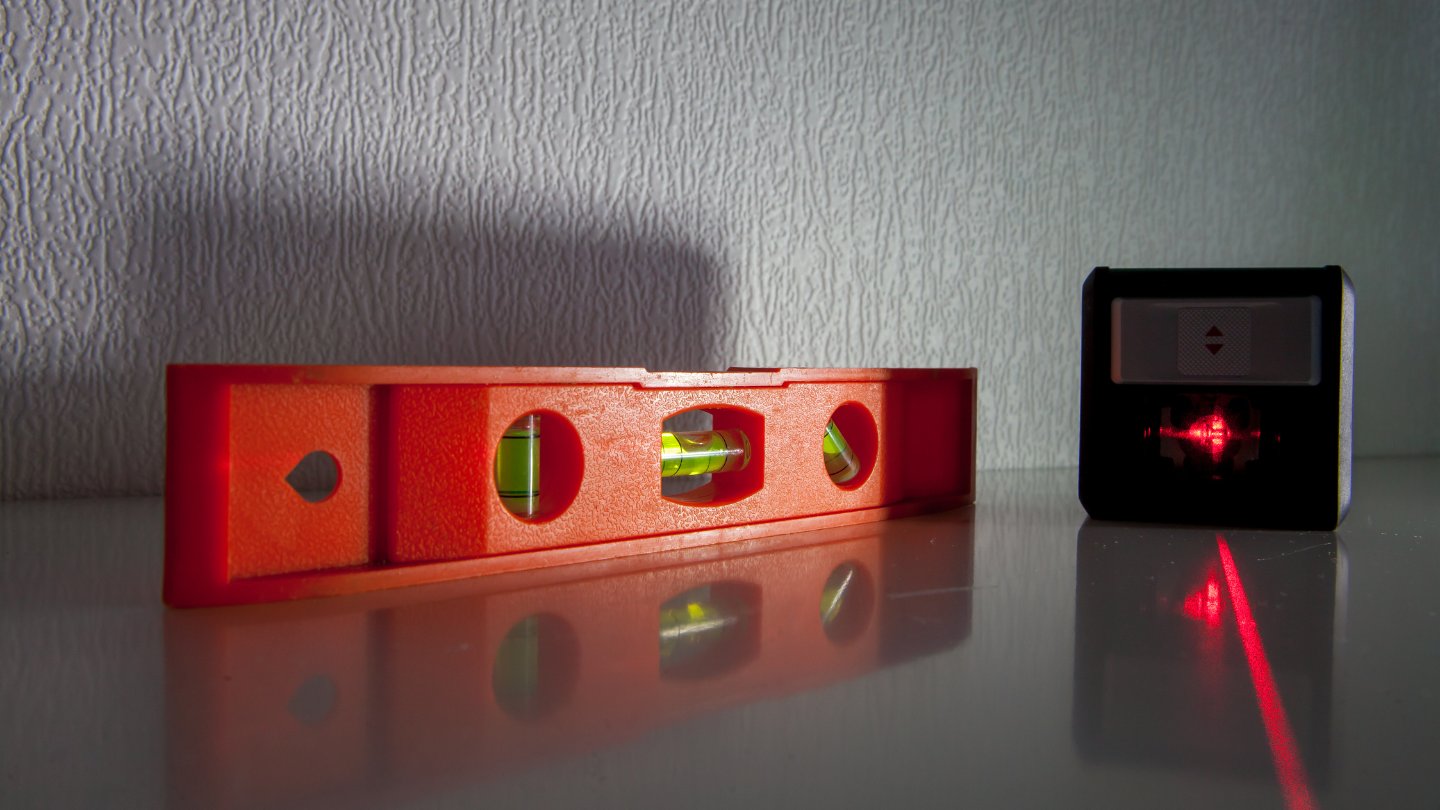
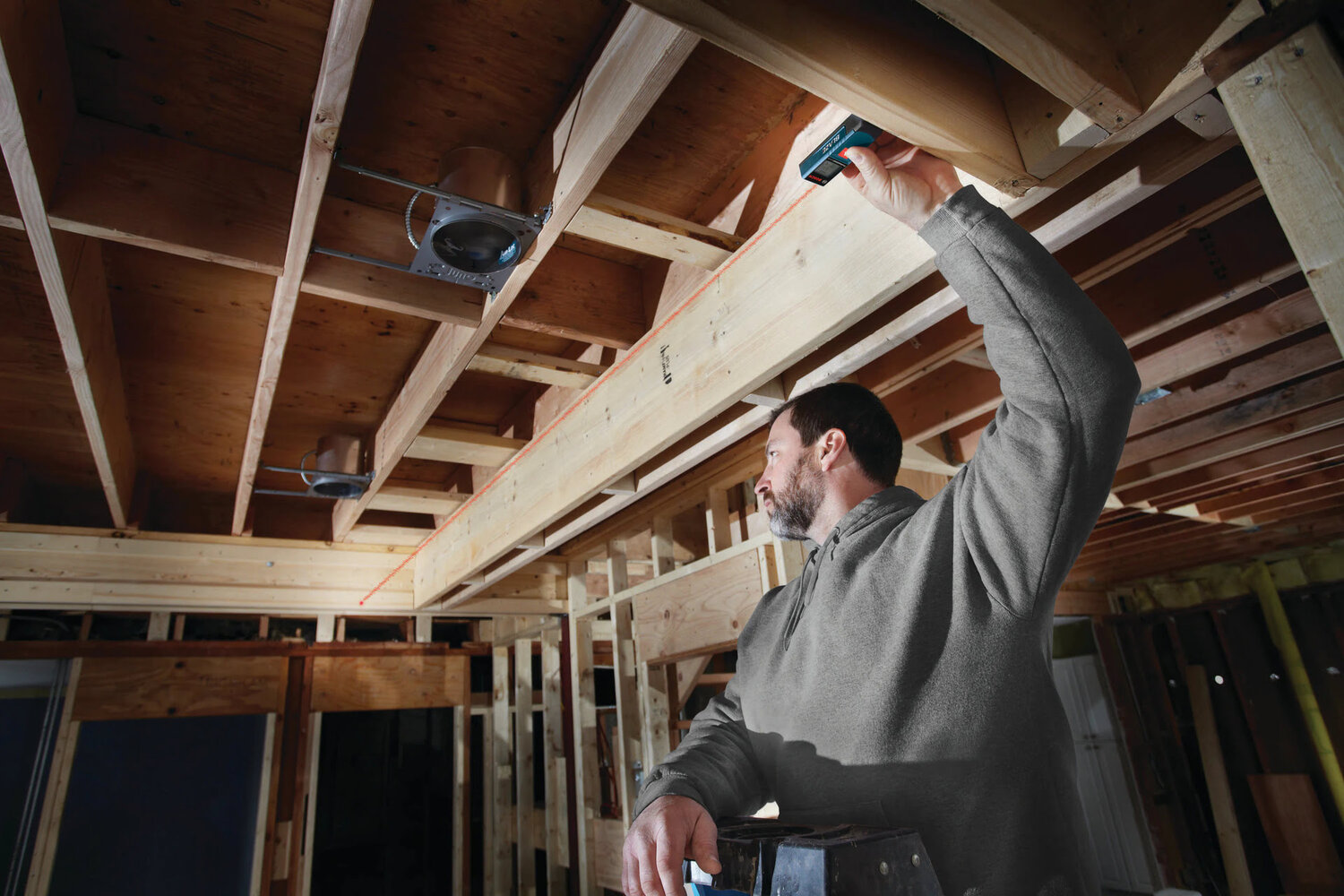
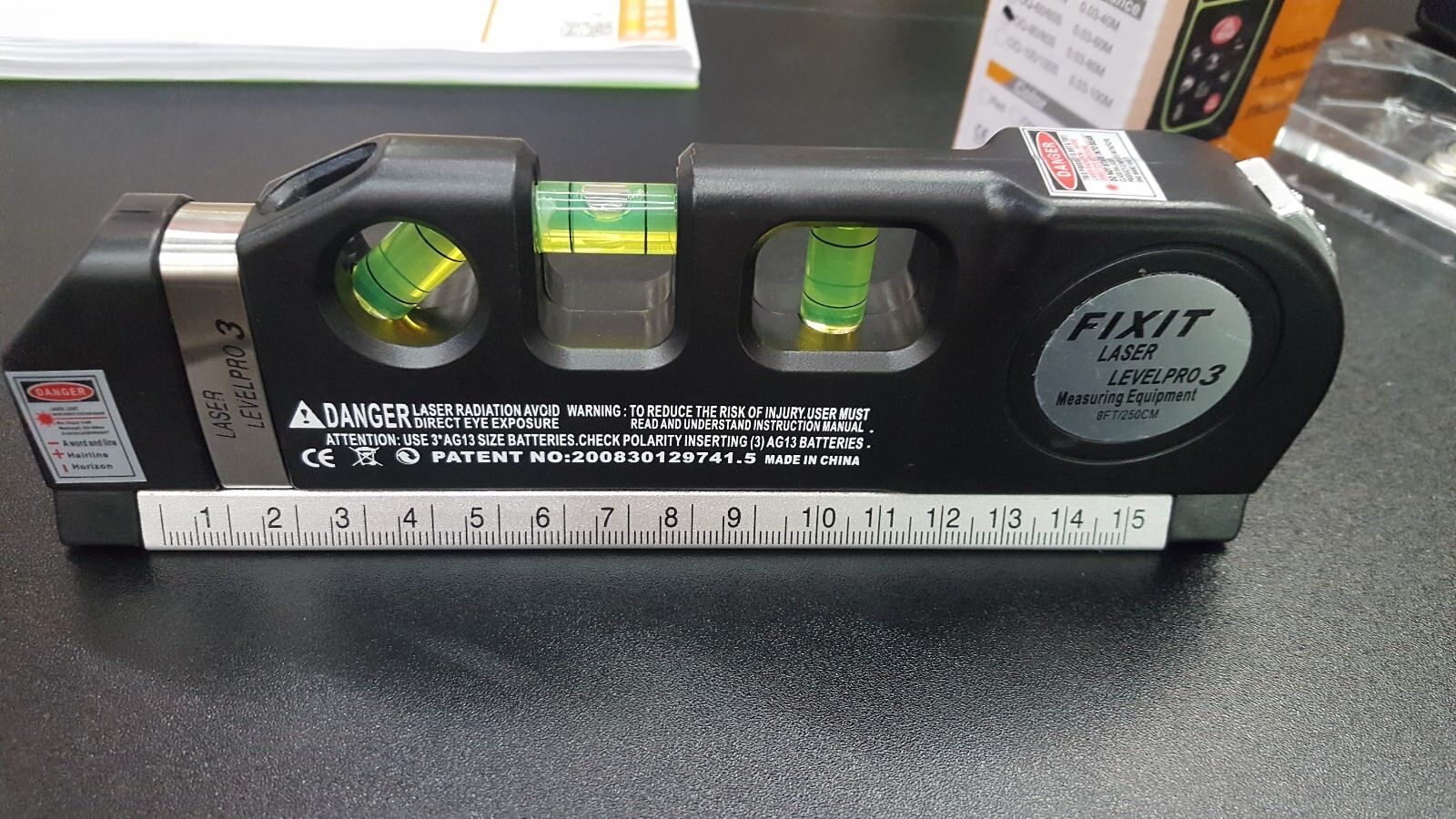
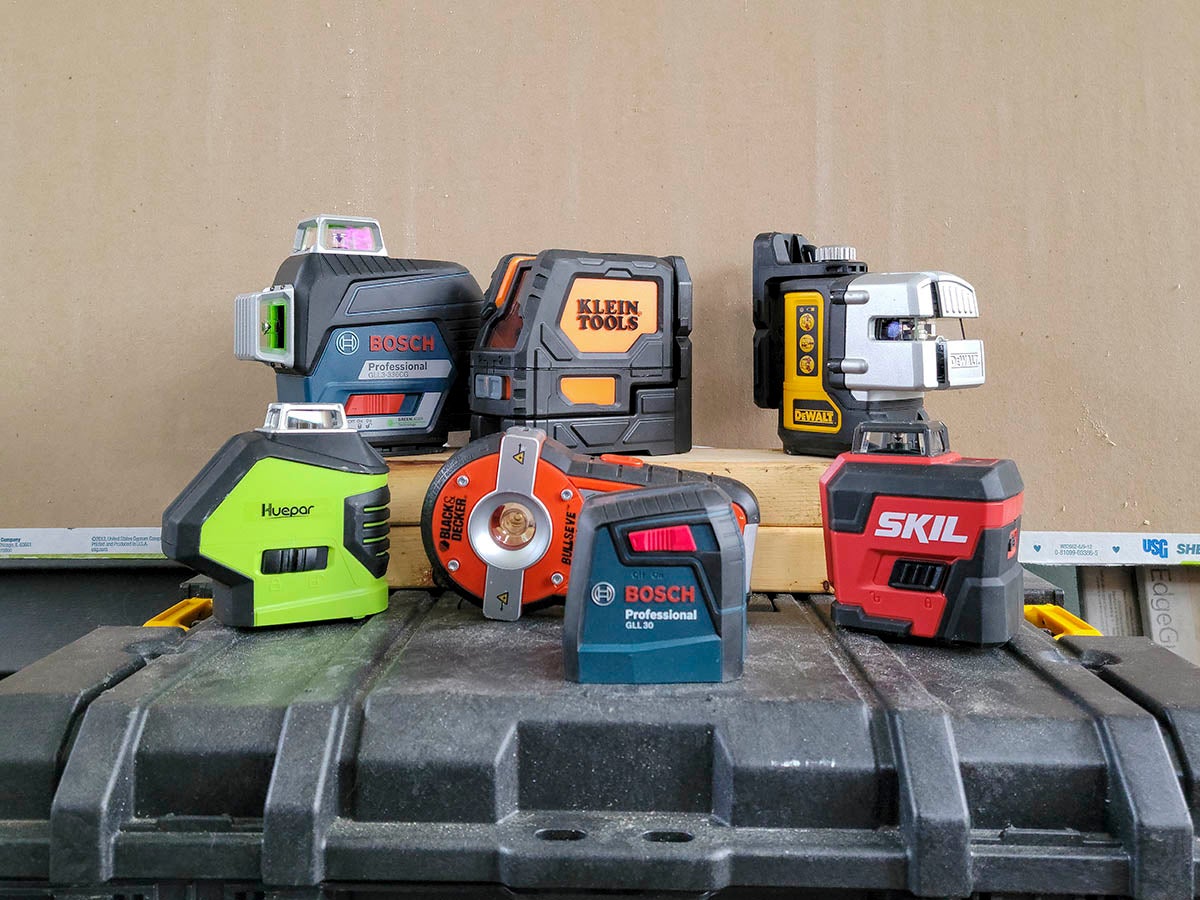

0 thoughts on “How To Choose A Laser Level”